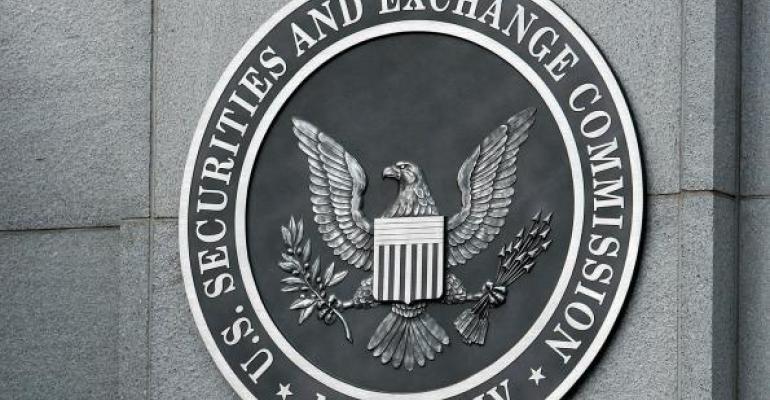More than six out of 10 RIAs who filed a Form ADV amendment last March left a section assessing compliance with the Securities and Exchange Commission’s new marketing rule entirely blank, according to a new analysis from Indyfin, a fintech platform helping customers find good fits with advisors.
Indyfin President and CEO Akshay Singh said the company analyzed the more than 14,000 advisors who submitted an amendment, finding 64.3% of respondents left Section 5L of the ADV blank. The section asks a series of yes/no questions on whether firms are using testimonials, endorsements and third-party ratings.
Singh believes the high percentage indicates firms are still wrapping their arms around the new requirements before the SEC begins enforcing them in November.
“It’s not a worrisome number,” Singh said about the percentage of blank responses. “And it indicates that 36% of firms chose to work on this section. What it tells me is that the market has started to move.”
After a unanimous SEC vote in December 2020, the marketing and advertising rule took effect in May 2021, with an 18-month window for firms to get into compliance. The rule purported to modernize advertising restrictions that hadn’t been amended for decades.
While testimonials were previously barred and the use of endorsements far more limited in advisors’ advertisements, RIAs are now permitted to use them more broadly provided they disclose whether the endorser is a client and if they’ve been compensated. The rule also ended requirements that advisors get affirmation from clients that they’ve received disclosures about testimonials.
Considering advisors still have until Nov. 4 before the grace period ends, Singh expects the percentage who left that section blank to decrease in the coming months as more firms file ADV amendments.
Indyfin also examined responses from the RIAs who did fill out Section 5L, which was added to the Form ADV to assess more information on how firms market themselves.
Of that group, nearly 29% of respondents indicated they used portfolio performance as a marketing tool, while 8.5% said they used specific investment advice in marketing to clients.
Singh said he doesn’t expect these figures to increase; advisors using portfolio performance have increasingly tended to serve institutional investors, with advisors working with retail clients moving away from its use. He expected the number of respondents employing investment advice would not grow because of regulatory burdens that advisors would have as a result of stipulations in the new rule about their usage.
While only 2.3% of respondents reported using testimonials and 2.1% used endorsements, Singh expected these numbers to grow significantly as the compliance date for the rule draws nearer. He believes the number of firms using testimonials could grow from 2.3% to somewhere between 25% and 40%.
“Advisors are just now starting to get compliant with the new rule and are cautiously trying out these new features,” he said. “The market is still trying to get used to using endorsements, and testimonials, for that matter.”
Singh said this was the first report examining SEC-registered advisors’ ADV amendments concerning the marketing rule, and Indyfin would continue to monitor ADV amendments on a monthly basis to catch shifts. The company was also preparing a report focused on state-registered advisors.
“Different states have different adoption guidelines, so we’ll start to see some interesting trends,” he said.





